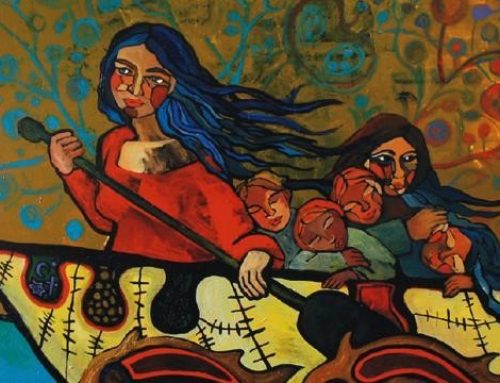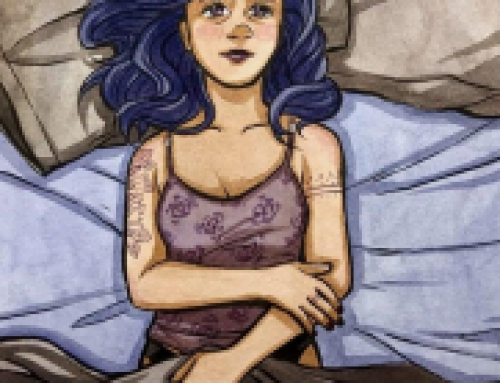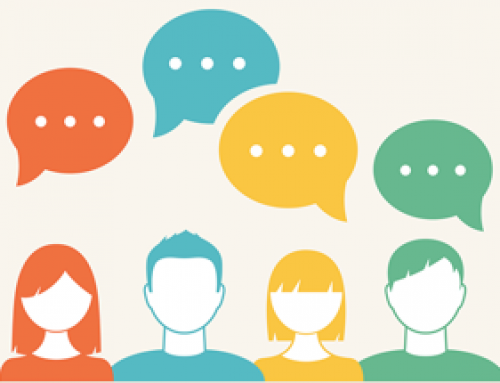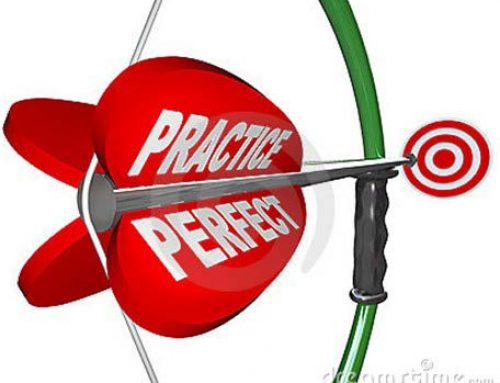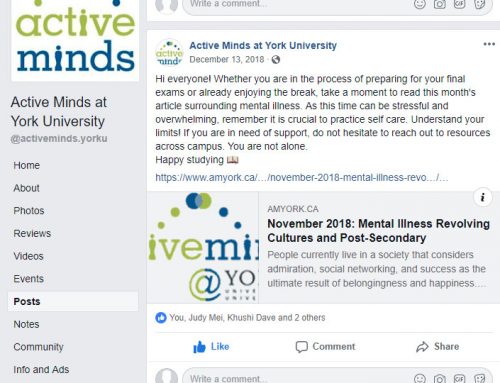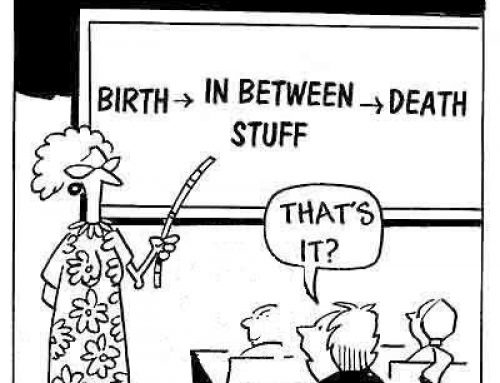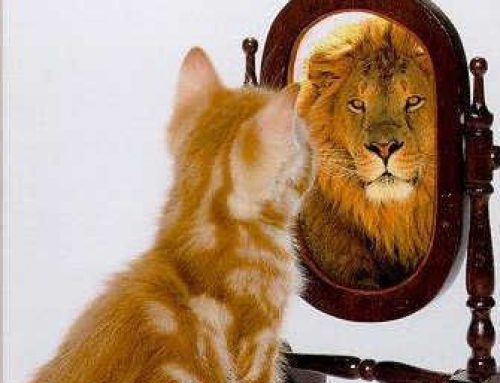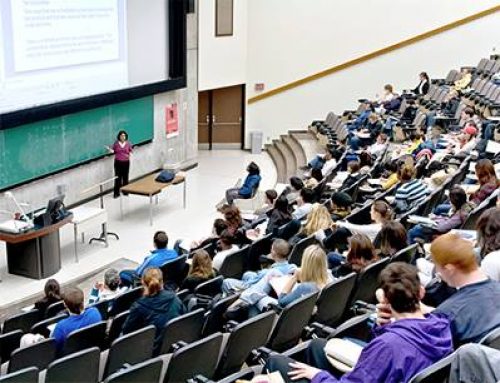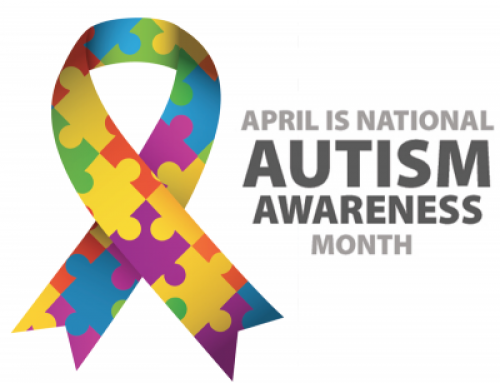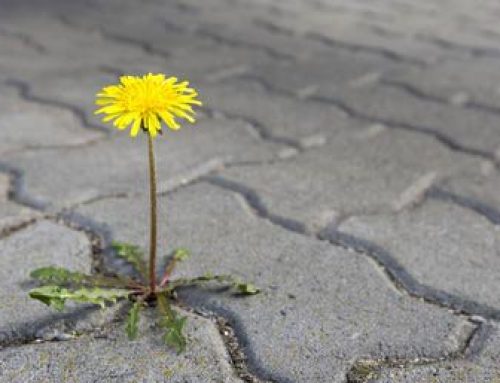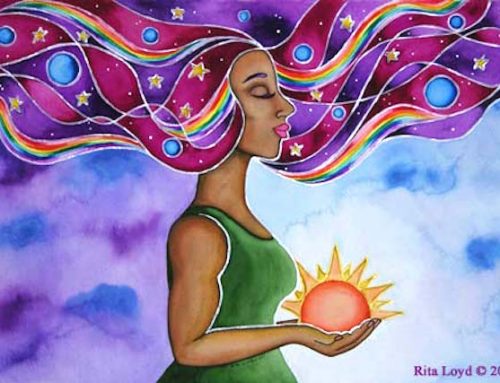The Hero’s Journey is a common theme found in most stories which consists of a series of stages that a hero must undergo. In it, the hero embarks on an adventure and is presented with a trial they must overcome, leading to their victory and eventual transformation.
In our story, we are presented with trials that test our ability to adapt and survive. Some of these trials are beyond our control, akin to a wheel of fortune. In tarot, The Wheel of Fortune symbolizes that change is the only constant in life, with cycles of both joy and grief. On our life’s journey, the current pandemic is one of the many tests we are presented with. However, while we have little control over it, what we can control is how we respond to it.
The COVID Impact
Common to all disasters is the way they uproot economies and disrupt lives, which in turn puts a heavy burden on people’s mental health.
Most of us will inevitably recover following a disaster and adapt to a new way of life. As human beings, the ability to adjust to even the most difficult of circumstances is embedded within our
very nature. However, while some will gain a sense of mastery over their lives, others will experience adverse effects on their mental well-being.
The substantial effect the pandemic has had on our mental health is due in part to its unpredictable nature, which has kept us in a constant state of shock. Losing our loved ones, losing our homes, having income streams dry up, living in fear of exposure, and being quarantined can all lead to us feeling unstable and uncertain, which can make us vulnerable to an array of psychological disorders like depression, anxiety and posttraumatic stress disorder. More commonly, we may experience distress reactions from sleep disturbances to anger, demoralization, lack of safety and security, and substance abuse (Morganstein & Ursano, 2020).
All these feelings can arise from the fear that our sense of identity and purpose are under threat, as the pandemic has disrupted our perceived role within the community (Makwana, 2019). To cope, we might live in denial, attempting to escape reality, which would only worsen our mental health.
We can heal by embracing change and regaining a sense of purpose better suited to our circumstances.
COVID Coping Kit
Some helpful strategies we can use to cope with the pandemic:
Social Connections
As human beings, cooperation is key to our survival. Despite physical distancing measures to combat the spread of the virus, our technology allows us to remain connected.
The idiom “misery loves company” is attributed to English naturalist John Ray, and for good reason. Staying connected reinforces our existing support systems and helps us build new ones, which serve as healthy coping mechanisms to distract us from overthinking what we have no control over.
The pandemic is a shared traumatic experience that has brought us together in many ways. Through it, we have come to share resources and cooperate in the face of everyday challenges. This instills a sense of resilience within us and the communities we reside in, which will help us deal with hardships and prepare us for the future.
Exercise
Exercise benefits us in many ways. It creates changes in our brain chemistry that make us feel powerfully optimistic, loving, and connected with others. The endorphin rush experience known as “runner’s high” intensifies our pleasure and teaches our brains to become more sensitive to every reward in life.
We can achieve it through running and aerobic exercise, while music, other people, and intensity all play a part in reaching this stage.
Volunteering
Volunteering allows us to look at our situation through a new lens, which instills within us a sense of gratitude and reinforces our sense of purpose. This makes us feel valued and part of something bigger than ourselves.
Experiencing gratitude and allowing ourselves to receive acknowledgment is essential as it is a social emotion that strengthens our relationships and elicits positive feelings from others. This is the recipe for a positive feedback loop, which continues the cycle of gratitude. Giving back to the community will in itself be an experience that will only help us grow more resilient, appreciative and self-fulfilled.
Animal Care
Unless you have been living under a rock; you have probably seen how pets on the internet provide us with infinite comic relief. It is no surprise that the bonds we make with our pets are precious to us.
It decreases feelings of stress and improves our relationships with others. Caring for an animal is a great way to feel less lonely and isolated during COVID and provides us with a more positive outlook during these trying times.
The Mental Vaccine
While the pandemic has been a devastating event that has cost us our loved ones, our jobs and changed our way of life, even the worst of experiences can open up a window for growth.
Our ability to be changed by events can be a good thing for us, because while we have been negatively affected by the pandemic, we are now more sensitive and appreciative to positive events that may come our way. We are not doomed by adversity. Just like the Wheel of Fortune, it is futile to worry about events that are beyond our control. What we can control is our outlook and the way we respond to anything life throws our way.










